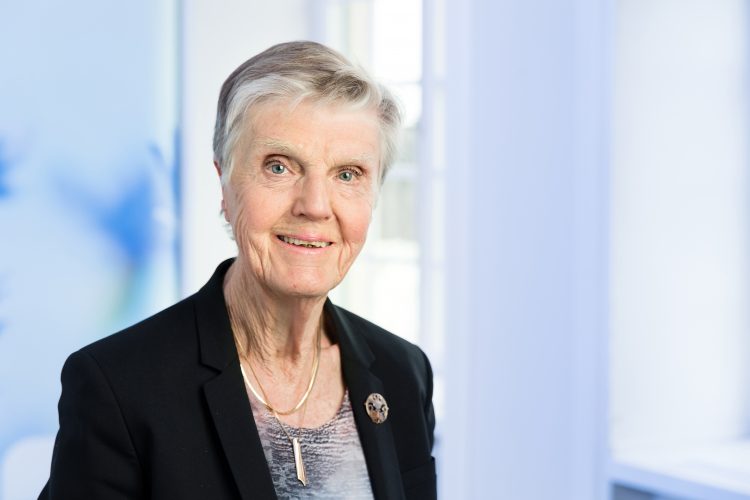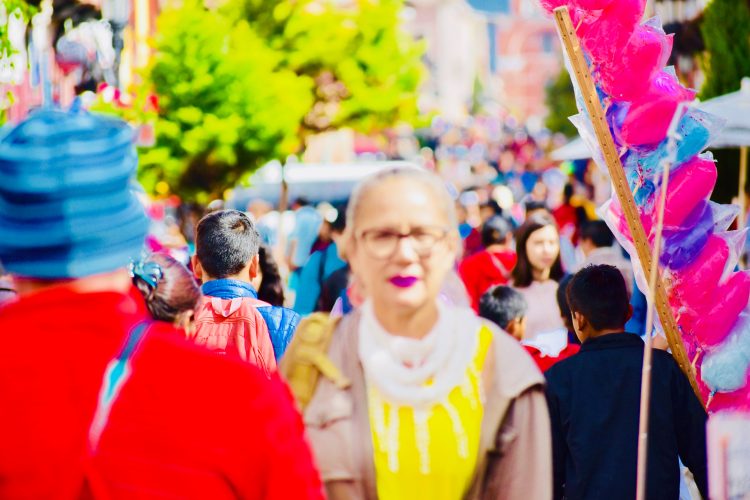
Why do I want to live in a world for all ages?
How old will we be in 2060 – the year in which older women over the age of 85 will constitute the largest group in society? If, as Liat Ayalon,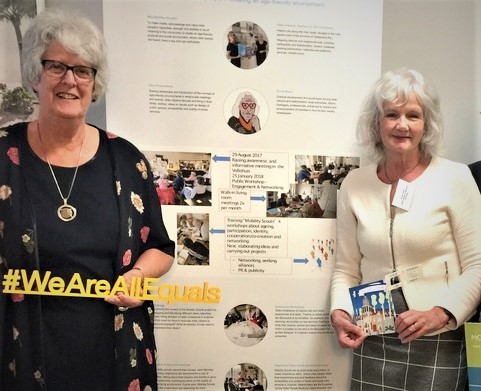
‘When I am an old woman, shall I wear purple?’
Just like in the poem of Jenny Joseph, Laura Christ, proud member of the Older Women’s Network Netherlands (OVN-NL) and OWN Europe, reflects the fantasy of being a different person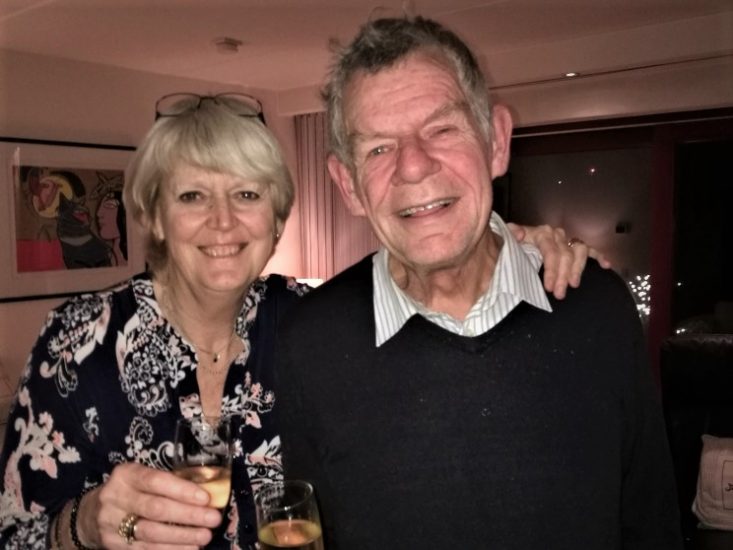
‘It was a strange process’: Vicki’s experience as an informal carer
Vicki is still working. As she cares for her husband with early dementia, she had to adapt her professional commitments accordingly. And yet nothing is being done to help her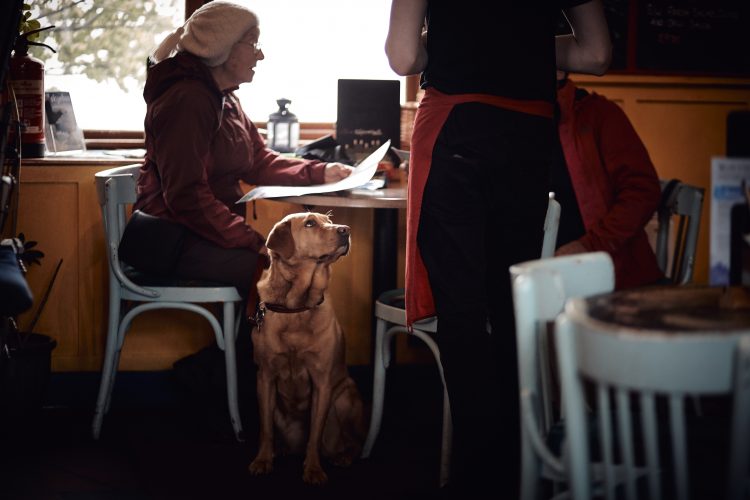
Old age poverty has a female face: Being an Elderly Migrant Woman in Sweden
Monica Cristea, vice-chair of RIFFI, the Federation of Migrant Women Associations in Sweden and member of European Network of Migrant Women (ENoMW) sheds light on the additional barriers migrant women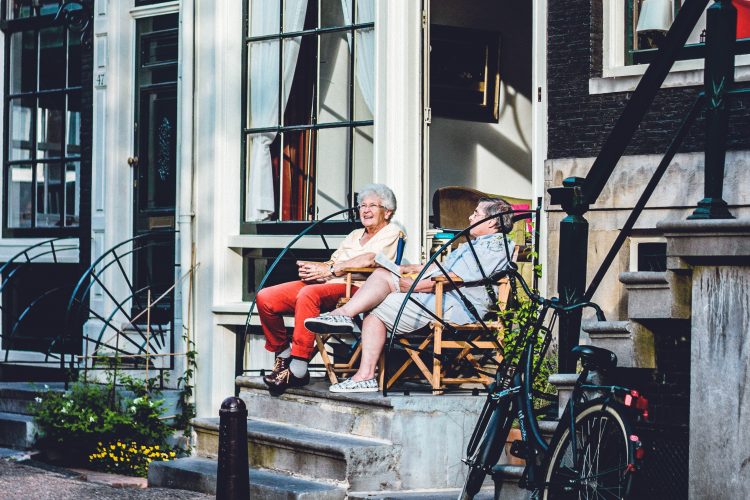
The challenge of healthy ageing: while men die, women suffer
Peggy Maguire, from EIWH (European Institute of Women’s Health) reminds us that in a society where women outlive men but are burdened by more years of ill health, disease prevention,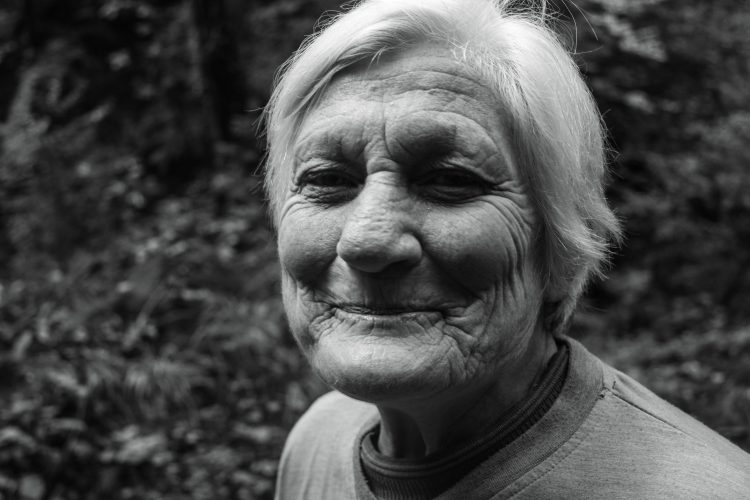
The European Women’s Lobby joins the “Ageing Equal” campaign and calls for the empowerment of older women across Europe
Ageism continues to be pervasive worldwide and has serious consequences for the health and well-being of old people, leading to marginalization, poverty and abuse. Nonetheless, it is not considered as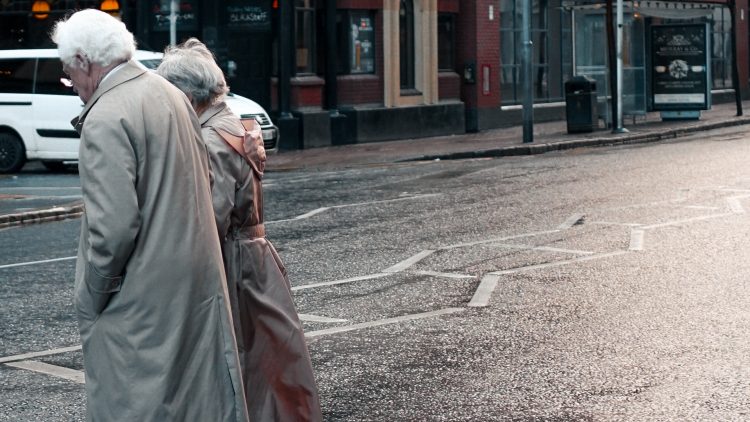
“It’s Easier to do Nothing” – The silence of older women victims of abuse
Kelly Blank, from WAVE (Women Against Violence Europe) shares the results of the TISOVA project based of interviews conducted with older women in senior centres in Estonia, Austria, Greece and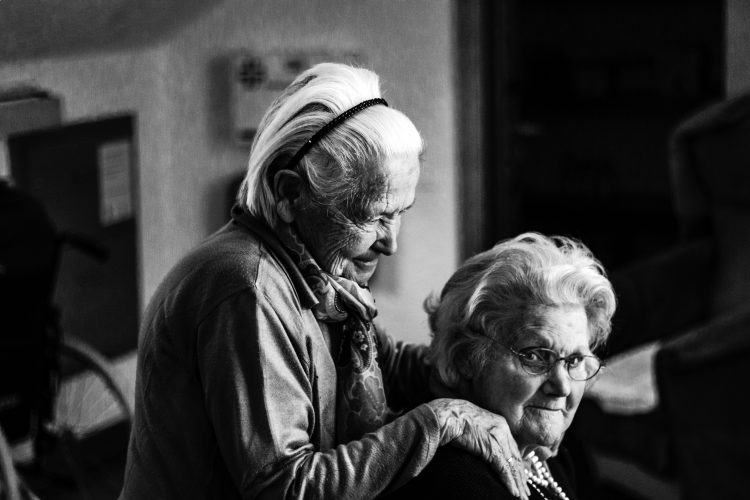
The age and gender dimension of informal caregiving
In most European countries, a large part of long-term care for older people is provided by informal carers. Informal carers are typically older women. Read more about the gender and